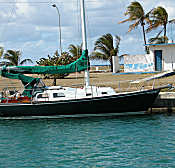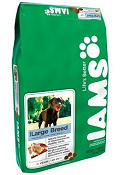 Last week we reported on the settlement agreement that Cabela’s, the outdoor supply store, entered into the the Bureau of Industry and Security (“BIS”) to settle allegations that the company had exported 76 rifle scopes without the required BIS licenses. This was the company’s second settlement of illegal export charges, the first covering allegations covering unlicensed exports of 685 rifle scopes between 1999 and 2000. The company agreed to a fine of $680,000 to settle the most recent charges.
Last week we reported on the settlement agreement that Cabela’s, the outdoor supply store, entered into the the Bureau of Industry and Security (“BIS”) to settle allegations that the company had exported 76 rifle scopes without the required BIS licenses. This was the company’s second settlement of illegal export charges, the first covering allegations covering unlicensed exports of 685 rifle scopes between 1999 and 2000. The company agreed to a fine of $680,000 to settle the most recent charges.
The settlement documents are now available on the BIS website and provide details not available in the press release that served as the basis for our initial report on the settlement. Not surprisingly given Cabela’s repeat offender status, the settlement also includes a requirement that Cabela’s conduct a compliance audit substantially in accord with BIS’s Export Management System audit module.
The audit requirement imposed in the settlement agreement is purely an internal audit. Even so, the audit module requires extensive review of company compliance procedures, including compliance with many outmoded requirements. This is because the audit module was created in 2000 and hasn’t been revised since then. Extensive coverage in the audit module is devoted to inquiring whether the company’s export procedures provide instructions on filling out and retaining copies of the Shipper’s Export Declaration (“SED”), even though filing an SED is now a violation of applicable regulations. The module also seems to hark back to the pre-Internet dark ages by requiring the company to keep hard copies of the Export Administration Regulations and the Denied Party List.
It seems to me that if BIS wants to tout the EMS audit module as the touchstone of export compliance, it might want to update it a little more often than every decade.

 Posted by
Posted by  Category:
Category: 


 After ABC News
After ABC News  The Office of Foreign Assets Control (“OFAC”)
The Office of Foreign Assets Control (“OFAC”) 

